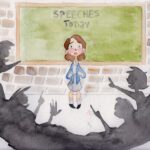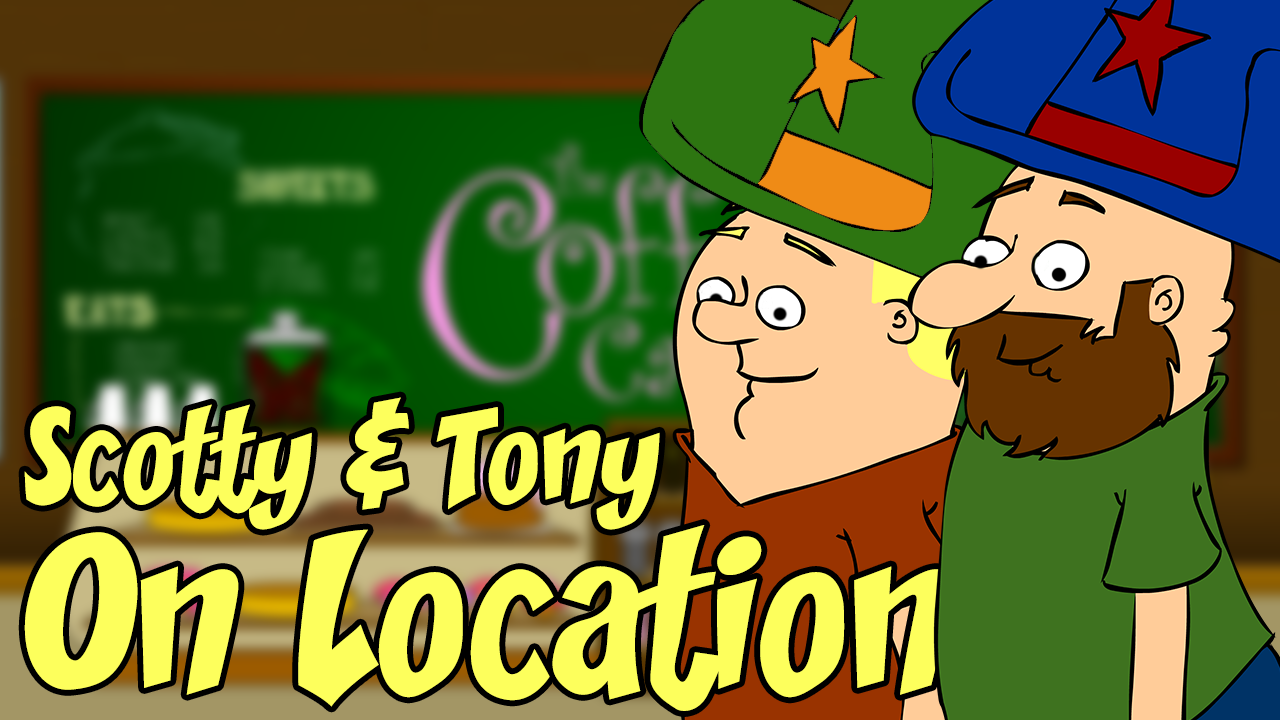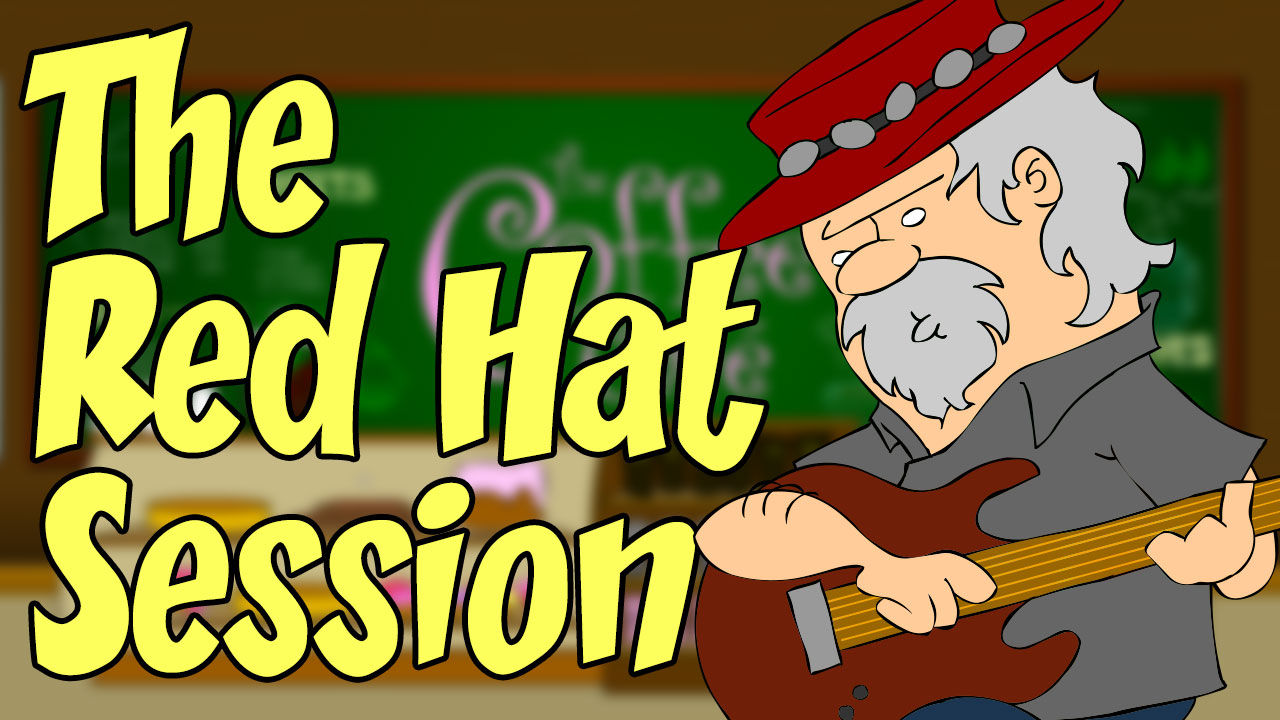
Warming up with A Winter’s Tale
- Rhonda Bulmer
- March 11, 2016
- Writing
- 0 Comments
A three-inch binder sits on the shelf above my writing desk, stuffed full of hopeful notes on different aspects of grammar, poetry, writing for the screen, writing for children, young adult , romance and historical novels. My inspiration wall keeps inspirational snippets collected from here and there in safekeeping. Most of these wise nuggets were all gleaned from ten years’ worth of attendance at weekend writing workshops, squeezed in between all the busiest parts of my life.
I admit it: I’m a workshop junkie.
But they are only a source of reference material. I’m convinced a more effective way to develop as a writer is to find a small group with whom I can share my work, and to receive personal guidance from a professional—an experienced published author and/or writing teacher—who will give useful feedback on my current project.
A writer’s retreat provides both of these benefits, like the one I attended in Saint John in February, led by Newfoundland author Gerard Collins. Entitled “A Winter’s Tale,” the three-day, four night event offered a good combination of workshops, afternoons of free writing time, one on one discussions with Gerard about our work, and a wonderful Saturday night reading, all with an inspiring view of Saint John Harbour at the Homeport Bed and Breakfast.

Sharing work in front of strangers requires trust, vulnerability and confidence. You cannot know for sure if this group of strangers will click, or if you will connect with the teacher, or if you will leave the event feeling it was money well spent. It helps if you know and admire the leader’s work already.
Thanks to Gerard’s sensitive and careful guidance, this weekend had a happy ending. I think everyone—who were strangers at the beginning—sensed a moment of grace, where the outside world faded and we could focus on our own work.

I have been writing a novel for two years and had changed it last year on the advice of a producer at the 2015 PEI Screenwriter’s Boot Camp. (I had briefly toyed with the idea of writing a movie script first.) The advice was good, but it required changing the story’s focus. So nearly a year later, I found myself at the same word count as the year before, and I was piling up several muddled versions. And since November, I’ve been dealing with a difficult family transition, one which is likely to continue for some time.
I could have used four weeks, not four days.
Nevertheless, I gained some clarity during my one-on-one discussions with Gerard. Sometimes all you need is an objective ear. And hopefully, your feedback will be something like, “Yes, this is a good story. It could be a great story—but only if you do this and this. Here are some things to think about.”
Such a retreat can be expensive, but I consider it an annual investment in my personal growth as a writer. A retreat allows me to exit my daily routine and take a deep breath in a fresh, quiet space.
And usually, there’s a takeaway. This time, a fledgling writer’s group has emerged and participants have continued to communicate and share their work.
Gerard reminded me to loosen my expectations. Setting a goal date for a first draft is good, but to tell the best story possible may require many drafts. Can I accept that? Can I accept the lifelong mantle of “writer,” which means, in the words of James Michener, that I want “to write,” not “to have written”?
“Write the best story you can,” Gerard said. “It takes as long as it takes.”




